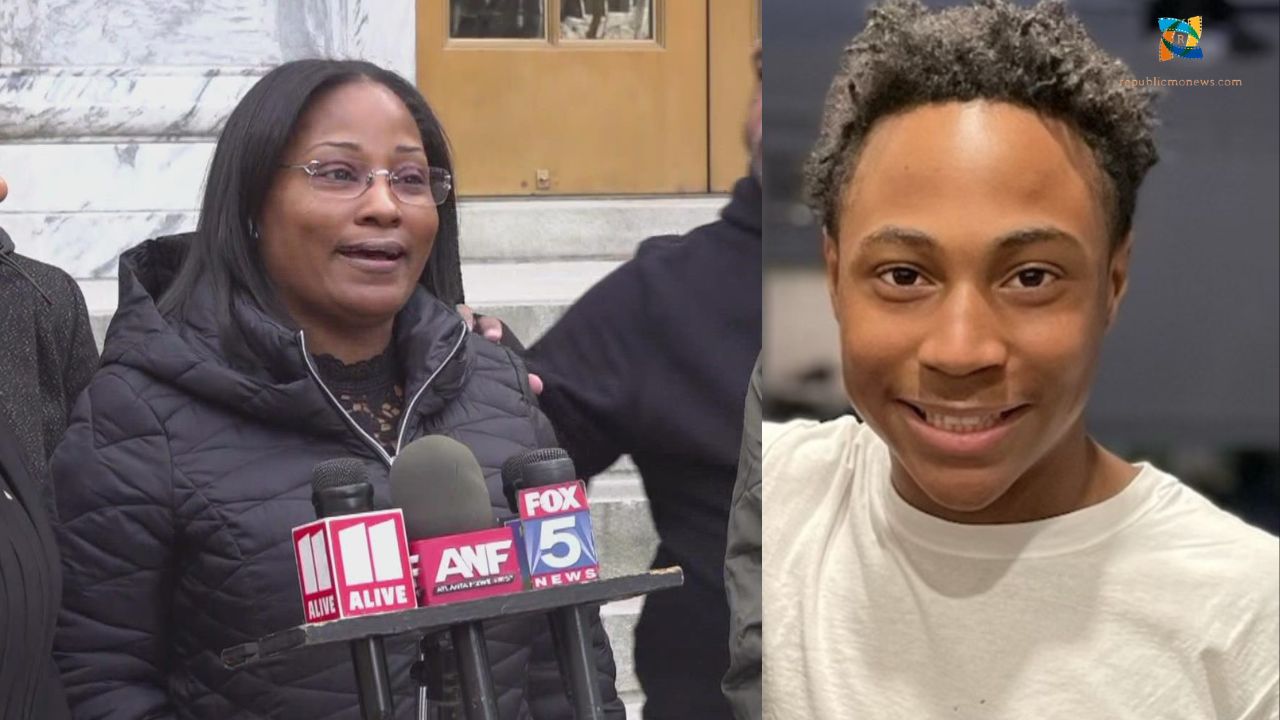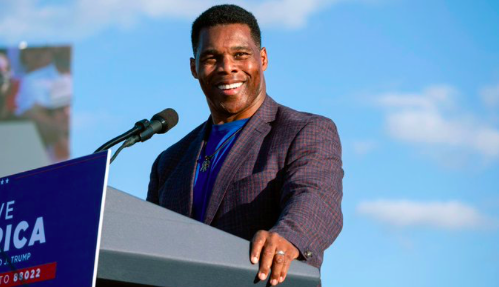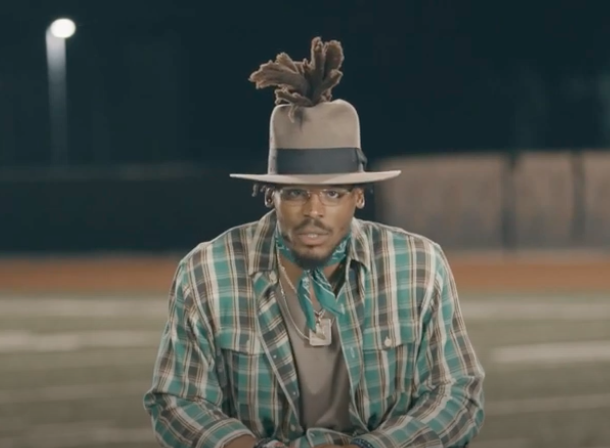There was an undeniable power of Janelle Monae’s debut LP The ArchAndroid, an artistry and execution that overpowered cynics’ inclination to balk at Janelle Monae The Package.
Let me rewind a little…
Monae’s first two EPs were worthy. The Audition was auspicious. Songs like “My Favorite Nothing” and “Cloud 9” revealed a young artist with developing charisma and an ear for dynamism. It was the song “Metropolis”, though, that was the harbinger of what was to come. It was a sublime ballad from a seminal talent, with pipes, writing chops…and an odd fixation on this future world of androids and cyborgs and, uh, other stuff. This was 2003. She was a kid.
Four years later, she released Metropolis: Suite I (The Chase). It was grandiose; but, at least for me personally, grandiose with histrionics. It was cloying. Then she signed to Bad Boy. It was on.
Suffice it to say, when I saw her come out in the lead up to ArchAndroid dippin’ on the “Tightrope” in her bouffant, doing the bugaloo and mash potato more than she actually walked…I was ready to hate on the album as much as possible. I couldn’t, though. When you’re dropping neo-MJ (“Locked Inside”), neo-Lauryn Hill (“Neon Valley Street”) and neo-Stevie (“Say You’ll Go”), any earnest music lover will deal with whatever else comes with that package. By the time you got to the nine-minute, Shakesperian “BaBopByeYa” – the album’s closer and her magnum opus – you couldn’t do anything but applaud. The girl was glacier-cold no matter how much you wanted to smirk at her “theater kid” theatrics.
You ever heard of EBPs? Years ago, in response to the website Stuff White People Like, some enterprising and quite hilarious folks created Stuff Educated Black People Like (here’s the reboot). It skewered some of the class-driven tastes of whom black folks have forever just referred to as “bougie folk” and, these days, “buppies” (black yuppies). Stuff like, “Wine and cheese affairs,” “baked chicken,” “dressing up.” It’s spot on.
Another one of the items on the EBP list was “Moving to Atlanta.” I lived in Atlanta for close to three years (a place Monae calls home), long enough to know that it is full of buppies. And black artsy folks (“bartsy”…too corny? Did I even have to ask?). In fact, Atlanta is the “black capital” of many things, and this is one of them. Aside from pockets of Brooklyn and Harlem, there is no city with even remotely the same concentration of black folks into the arts as you’ll see in Atlanta.
Remember this commercial?
That happens 1,000 times every second all over Atlanta, Brooklyn and Harlem. Electric Lady is the soundtrack for that type of get together much like white girls put “Blurred Lines” on repeat at their pool parties this summer.
Electric Lady is to the black artsy set what something like the Black Star album was to “backpackers.”
But, whereas the Black Star was a stone cold classic, Electric Lady is merely a really good album with a clear aesthetic that, depending on your vibe, could end up being your ish or annoy the snot out you.
I’m somewhere in the middle, leaning to the side that’s sniffing some snot back up into their annoyed and flared nostrils. It’s hard not get a little irritated at the DJ Crash Crash interludes (he uses words like “sexcellent”). Songs like “Dance Apocalyptic” are ready-made for Monae’s dance parties powered by Sonos. I can’t dig, though. And, given that she and Solange are probably the two most creative and meritorious young female artists making “ alternative” black pop music (quotes and italics for emphasis, it’s truly disappointing that the best they could come up with as a tandem was this album’s flimsy title cut. I mean, props for updating that ‘90s-SWV R&B, but both artists ceilings are so much higher than the product.
There’s also the whole Stevie-charade on “Ghetto Woman” – with the Moog and ‘70s-Stevie drums failing as an ode the way “Say You’ll Go” succeeded on her previous album.
But for all the albums’ stunts (I can see her and Prince on the Grammy stage in February with a ceremonious, torch-passing kind of production that bludgeons us over the head), Monae offers some legit moments (see her winning Stevie ode, “Dorothy Dandridge Eyes” with fellow critical darling Esperanza Spalding). There are some unassailable cuts on Electric Lady – like the Miguel assisted “Primetime,” the Stylistics-inspired “The Code,” and the breezy “Can’t Live Without Your Love.” And her “Suite” series continues to challenge (“Suite V” is especially engaging).
Ten years ago, Monae Auditioned for stardom. She set out on that road in earnest after the success of ArchAndroid (she’s a Cover Girl, after all). But with EBPs, bartsies, buppies, hispsters, critics…and androids and cyborgs behind her, Monae might have also made an accessible album in Electric Lady that could potentially embrace a much wider swath of listeners. Can we (I) really be mad at an album with enough food for all manner of picky eaters? It’s like her and Prince crooned – keep “givin’ ‘em what they love.”



